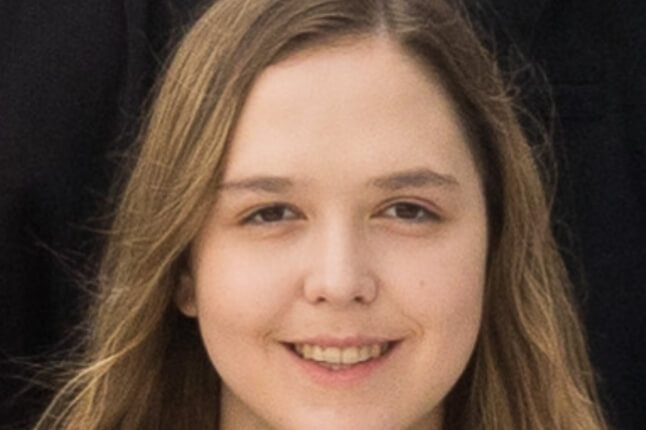News
Margo Seltzer is the Herchel Smith Professor of Computer Science at SEAS and a Harvard College Professor. (Photo by Eliza Grinnell, SEAS Communications.)
The following interview by Morgen E. Peck originally appeared in Txchnologist on June 27, 2012.
Dr. Margo Seltzer is a computer science professor in Harvard University’s School of Engineering and Applied Sciences and an architect at Oracle. She spent several years at start up computer companies after receiving a bachelor’s degree in applied mathematics from Harvard and a PhD in computer science from the University of California, Berkley.
Her work developing software programs, databases and a log-structured file system has propelled her to the forefront of computer science research. She is the recipient of a number of fellowships for her work, most recently being named a fellow in the Association for Computing Machinery in 2011.
Txchnologist: Although women make up nearly half of the workforce in the U.S., the Department of Commerce reports that only one out of four employed computer scientists is female. Does this fit with what you see?
Margo Seltzer: It’s stunning. The numbers are bad, and they’re not particularly getting better globally. The only place that I’ve encountered worse numbers is actually finance and entrepreneurism. Those are the only events that I’ve ever gone to where I’ve felt that I was even more outnumbered.
Txch: What do you think accounts for the disparity?
MS: I think the biggest factor is that as a society we’ve done a really, really bad job of marketing what it means to be in software. If you ask somebody, “What does a computer programmer look like?” I think almost everyone in the world will give you the same description—it’s a nerdy guy with no social skills and all he ever wants to do is program. The reality of the situation is very different. But the image that we’ve constructed societally is really pretty dreadful.
You get articles about the problem and articles that discuss it, but you actually don’t get anyone portraying a different image very often. For a long time we’ve joked about the fact that we need an L.A.-Law-type show for computer programmers, where you have young, good looking,really fun, intelligent people who happen to be software engineers.
If you look globally, there are countries where that isn’t the image, and in fact, their numbers are dramatically better. I was recently speaking with some of our Oracle engineers from China and they pretty much have a fifty-fifty split of men and women. And they think it’s sort of odd that we don’t.
Txch: The computer science community may not be able to control the way programmers are portrayed in the press, but it can at least control the image it projects. What are the big things they shouldn’t do if they want women to apply?
MS: Here’s my favorite. I was chatting with a group of university reps from a very large high-tech company. The reps were both men and women, and they were bemoaning the fact that they found it very difficult to attract women programmers. I looked at them and I said to one of the women, “Are the company shirts you’re wearing men’s polos or women’s polos?” She said, “Oh, it’s a men’s polo shirt.” I said,“Why? Why don’t you buy women’s polo shirts? They would fit better.” And she says, “Well, there aren’t very many of us and it would cost more.”
Topics: Diversity / Inclusion, Computer Science
Cutting-edge science delivered direct to your inbox.
Join the Harvard SEAS mailing list.



